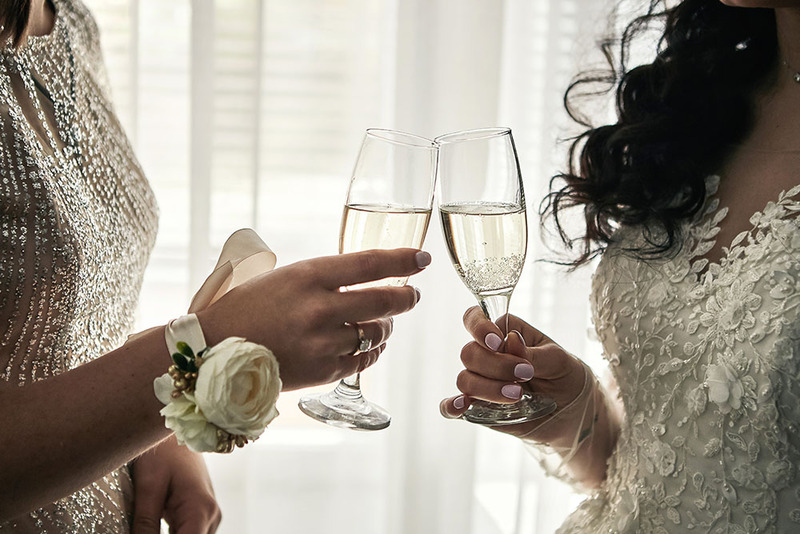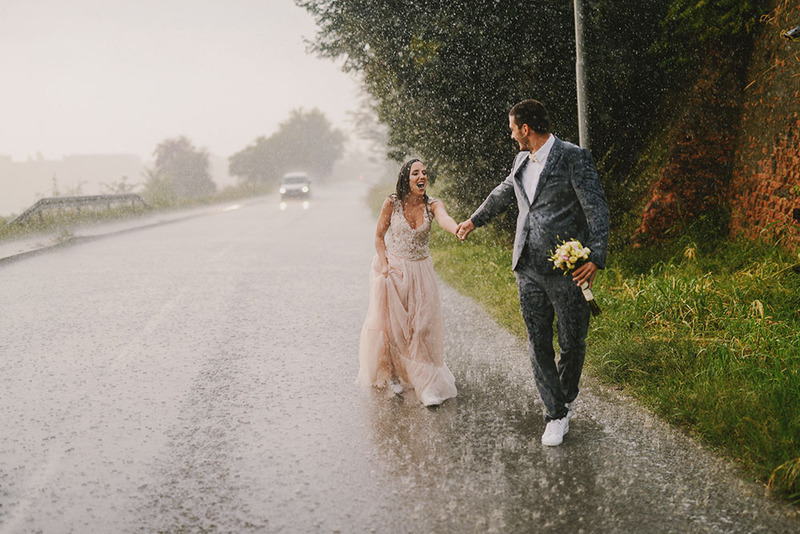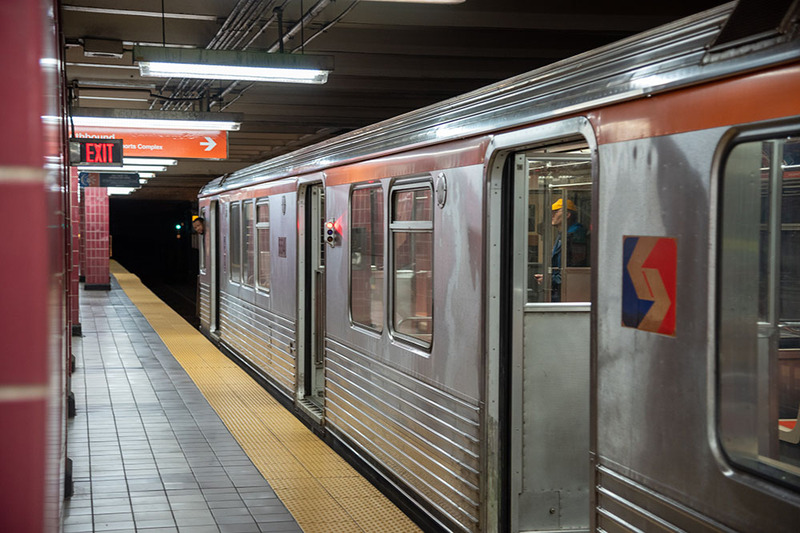AMERICAN WEDDINGS BLOG
Stay up to date with the latest wedding ceremony trends, script writing inspiration, tips and advice for first-time officiants, and news that matters to couples and wedding ministers.
Stay up to date with the latest wedding ceremony trends, script writing inspiration, tips and advice for first-time officiants, and news that matters to couples and wedding ministers.
Published Saturday, Feb. 25th, 2023
Last updated Thursday, Jun. 29th, 2023

Pennsylvania offers romantic backdrops of every kind, from mountains and rolling farmland to the bustling urban centers of Philadelphia and Pittsburgh – making Pennsylvania a top destination for weddings.
Applying for a marriage license in this Mid-Atlantic State will look different in each county, so it’s important to get a head start on the planning process to avoid unnecessary stress. With this in mind, we’ve compiled a short guide to help you begin.
Asked to officiate a wedding in Pennsylvania?

Fall colors along the Deleware River offer unbeatable decor for an outdoor wedding ceremony
Got one? Whew! There will be a few more boxes to check, but the hardest part’s over.
A wedding officiant is the person who conducts your ceremony and signs the marriage license, making things legal.
A friend or relative can perform your wedding ceremony if they’ve been ordained.
If you want to hire a professional, the Commonwealth has many qualified independent officiants to choose from. The following people are authorized to solemnize marriage in Pennsylvania:
Various justices, judges, and magistrates; various mayors of any city or borough; a minister, priest or rabbi of any regularly established church or congregation; and religious organizations: every religious society, religious institution or religious organization in this Commonwealth may join persons together in marriage when at least one of the persons is a member of the society, institution or organization, according to the rules and customs of the society, institution or organization. (Summarized from § 1503)
(For a detailed list of who can solemnize marriage and more Pennsylvania marriage laws here.)

Pennsylvania is home to many LGBTQ+ friendly wedding venues and vendors, including
many queer-owned and operated wedding businesses
Pennsylvania is home to gorgeous views, rich history, and thriving cities like Pittsburgh and Philly – making it a favorite for destination weddings.
Whether you’re dreaming of a big to-do or a romantic elopement for two, there’s something for everyone!
Popular dates, venues, and officiants book up fast, so start early. And remember you’ll need permission (and a permit) to use a public space, such as a city park or recreational area. Permits can take weeks to process, so factor this into your timeline, too.
Pennsylvania Marriage License Quick Facts
♡ 3 Day Waiting Period*
♡ 60 Expiration Period
♡ 10 Day Return Period
*Licenses become valid on the third day following the oral examination.

Did you know? Every state has different laws governing when the marriage license is issued, can be completed, and must be returned. There are called a state's marriage license Waiting Period, Return Deadline, and Expiration. Learn more here.
Alright, time to make sure your wedding’s legal! We’ll break down each part of the marriage license process, one step at a time:
You’ll apply for your marriage license through the Register of Wills / Orphans’ Court Office. Some offices require an appointment to apply, and you don’t need to be a Pennsylvania resident to marry there. Once issued, your license can be used anywhere in the state.
Requirements to Apply:
If you’re planning a wedding anywhere in Pennsylvania, we recommend contacting the county clerk closest to your venue to learn more.
There are two types of marriage licenses available in Pennsylvania. A standard marriage license costs $90; a Quaker marriage license costs $100. Some offices will only accept credit cards or money orders, so plan ahead! There’s no fee to register your marriage after the ceremony.
There is a three day waiting period to marry in Pennsylvania. Your marriage license will become valid on the third day following your oral examination with the clerk, after which time your ceremony can take place.
A Pennsylvania marriage license can be used in any county in the state, and expires 60 days after it’s issued. Directions on how to return the license will be given to you when it's issued.
A standard marriage license must be signed by each party to the marriage and the marriage officiant following the ceremony, and returned to the appropriate office within 10 days.
A Quaker (or ‘self-uniting’) marriage license must be signed by the couple and two adult witnesses (2). This type of license does not require an officiant’s signature. This license will also need to be returned to the appropriate office within the 10 day return period.
After the Ceremony: The license must be returned within 10 days of the ceremony.

Rain or shine, the right wedding officiant will help you make happy memories on the wedding day!
Once you’ve chosen a date, a venue, and have your marriage license details worked out, you’ll be ready to meet with your wedding officiant to plan the ceremony!
This is when things start to come into focus. You’ll talk about the tone of your ceremony, the ‘vibe’ you want to create for your guests, and any special elements and unity rituals you want to include. You and your officiant might meet a few more times to exchange more ideas, fine-tune a script, or rehearse the ceremony leading up to the wedding day.
AMM’s website is full of resources to help you decide what kind of ceremony you want, tips on working well with your officiant, and advice on keeping your ceremony authentic and on budget.
Visit Articles for Couples on our American Weddings blog, or browse general articles by category or keyword.
Aside from yourselves, the most important thing you’ll bring with you on the wedding day is your marriage license -- because no license means no marriage. Your officiant won’t be able to perform the wedding without having a license present (even if you have it at home), so make sure it’s with you.
After the ceremony, you and your officiant will sign the license. If you're getting married without an officiant and using a self-uniting Quaker marriage license, you'll sign the license along with two witnesess following the ceremony.
For tips on how to complete the license, head here.
After it’s signed, you must return and record the license with the appropriate office within 10 days of the ceremony. Check with your county for details.

Congratulations!
We’ve got everything you need to understand the state’s licensing and registration requirements, any ministry credentials and paperwork you might need, and helpful tips for several cities in the Commonwealth, including Allentown, Erie, Philadelphia, Pittsburgh, Reading, and Scranton.

A Philadelphia couple got married aboard a moving SEPTA train with the help of a resourceful wedding officiant and 50 happy guests. Read the full article here.
Love it? Pin it!
Become a Wedding Officiant with Our Free Online Ordination!